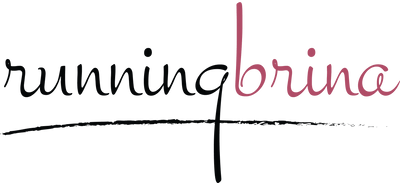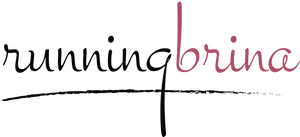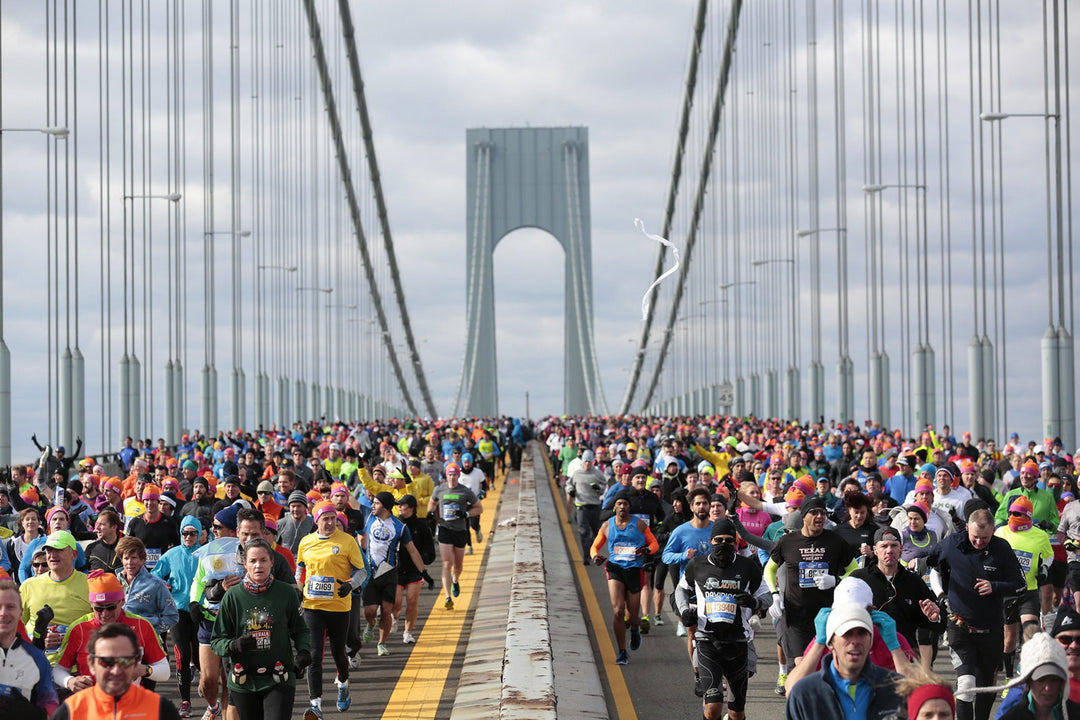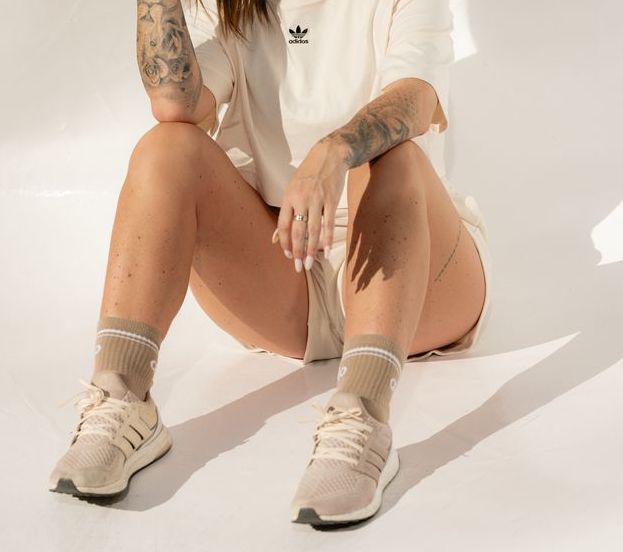Which running shoe is the best one for me?
Last Updated:Choosing the right running shoes can feel overwhelming with so many options available. But fear not, we're here to simplify the process. Whether you're a high-mileage runner or prefer shorter distances, there's a shoe designed for you.
From wide toe boxes to neutral support and varying heel-to-toe drops, our collection caters to all foot types and preferences. This guide helps you ask the right questions before a run or race, ensuring you find the perfect fit for your needs.
The surface you are running on matters
-
Pavements: Opt for road shoes for extra cushioning, reducing injury risk on hard surfaces.
-
Soft, muddy trails: Choose trail shoes with deep treads for grip and ankle support. Avoid them on pavements due to discomfort and quick wear.
-
Mixed terrain: Hybrid running shoes offer a balance of grip and cushioning for both roads and trails.
Have your gait analyzed:
Make sure to get a video gait analysis at a running store to assess your pronation (foot rolling inward) and foot strike.
- Expert fitters recommend shoes based on foot shape, terrain, pronation, and personal preference, from top brands like New Balance.
- Remember, shoe fit varies between brands; ensure a thumb width between your longest toe and the shoe end, especially for running.
What running socks do you wear?
Sock thickness affects shoe fit, especially as feet expand in heat. Wear your intended running socks for fittings.
Opt for technical running socks with added arch support and padding for better impact protection.
Avoid cotton socks; they retain moisture, leading to blisters, calluses, and hot spots due to heat and friction.
Ensure socks are higher than the back of your shoes to prevent slipping and friction hot spots on the heel.
Running insoles
If you already wear them, include them in your fitting as they can alter the fit and feel of your shoes.
Haven't tried insoles? It might be worth considering. They personalize the fit, offer extra comfort in the heel, arch, and ball of the foot, and alleviate issues like slipping, blisters, and shin splints.
Insoles, designed to match your foot contours, can enhance your trainers and elevate your training experience.
How far are you running with your running shoes?
Distance matters of course when picking the right running shoe for you.
- Marathon training: Opt for a more cushioned shoe for long distances.
- Shorter distances (like aiming for a 5k PB): A more flexible training shoe may be beneficial.
Different types of running shoes
Motion control running shoes:
- Ideal for overpronators, they reduce excessive foot rolling, correct gait, and offer extra shock absorption.
- Typically the most rigid type of shoe.
Cushioned running shoes:
- Important for underpronators, aiding shock absorption by mimicking natural foot motion.
- Highly cushioned to reduce shock and protect joints.
Stability running shoes:
- Offer cushioning, medial support, and durability.
- Balance motion control and cushioning, preventing excess foot and ankle movement without restricting flexibility.
Lightweight running shoes:
- Lighter and more flexible, with decreased weight and flexible cushioning.
- Combines minimalist feel with cushioning for comfort and reduced fatigue.
Trail running shoes:
- Designed for rugged terrain with features like Gore-Tex liners and lugged rubber outsoles.
- Focus on grip, with deeper treads for traction and stability on slippery and uneven surfaces.
Which brand should I pick?
Prioritize function over fashion when choosing running shoes - always. For me personally it has always been adidas womens running shoes. When picking the right shoe brand for you make sure to:
- Avoid being swayed by trendy brands or styles; focus on comfort and functionality.
- Brand matters for comfort, fit, and functionality tailored to your needs.
- Different brands and models vary in fit, width, and feel, so trying on shoes before purchasing is crucial for comfort and performance.

- Most featured running blog, past 6 years
- USATF certified running coach
- Experienced endurance athlete
- 7 marathons
